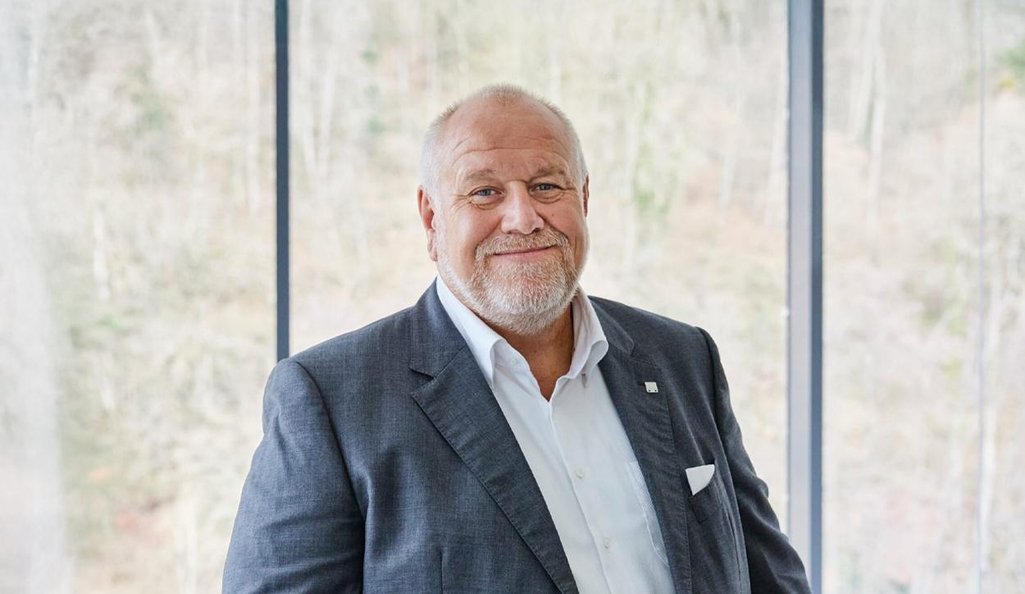
Endress+Hauser: How to future-proof a 70-year-old market leader
Family ownership, strategic paranoia, and integrated sustainability: Matthias Altendorf on future-proofing global market leader Endress+Hauser....
July 29, 2025 • by Jean-François Manzoni in CEO Dialogue Series
Rohit Jawa, CEO of Hindustan Unilever, outlines how he is reshaping the company’s strategy to meet the evolving needs of India’s growing middle class, leveraging digital transformation, talent development, and a future-focused...
For nearly a century, Hindustan Unilever Limited (HUL) has been flourishing in the Indian subcontinent, growing in tandem with the nation. As India’s largest consumer goods company, the maker of Lux soap, Surf Excel laundry detergent, and Lipton tea has become deeply embedded in the country’s economic and cultural fabric, serving nine out of 10 Indian households and earning its place as the “crown jewel” in Unilever’s global portfolio.
“What’s good for India is good for Hindustan Unilever,” says CEO Rohit Jawa, echoing a phrase often used by his predecessor, Sanjiv Mehta. Just as naturally, he adds: “What’s good for HUL is good for Unilever.”
India is Unilever’s second-largest market after the US, contributing around 10% of the parent company’s turnover. While HUL draws on Unilever’s global R&D and brand strength, it has also become an exporter of talent and innovation, helping shape success in other markets. According to Jawa, the company’s achievements so far rest on four pillars: customer centricity, a culture of innovation, delivering value, and serving all Indians.
As India advances toward becoming a $5tn economy, HUL is recalibrating its strategy to stay ahead of shifting consumer expectations and market dynamics. “We are already very big,” says Jawa, “but for us to get even bigger and more successful, what got us here will not be enough to get us there.”
Jawa, who joined the company in 1988 as a management trainee, brings a strong track record of strategy transformation and growth, including leading Unilever’s business in China during the COVID-19 crisis and turning the Philippines into one of its top 10 global markets.
With India’s middle class projected to reach 61% of the population by 2047, Jawa sees the country fast becoming the world’s most dynamic consumer market.
Since taking the helm at HUL in 2023, Jawa has launched “ASPIRE: Unlocking a Billion Aspirations”, a strategic initiative built on three pillars: Focus (transforming the portfolio), Excel (strengthening demand drivers), and Accelerate (deepening distinctive competitive advantages). Jawa also aims to achieve double-digit earnings per share growth, driven by rising sales.
With India’s middle class projected to reach 61% of the population by 2047, Jawa sees the country fast becoming the world’s most dynamic consumer market. As younger people buy homes and consume aspirational content online, HUL is developing its product mix. In addition to its legacy base of low-income customers, the company is also building premium, aspirational brands with stronger margins. A third portfolio category, market makers, targets emerging segments growing quickly from a small base.
To manage this evolution, Jawa outlines a “three-engine approach”: sustaining today’s core, scaling tomorrow’s growth drivers, and incubating future breakthroughs. “This is the new skill set – running engine one, engine two, and engine three all at the same time,” he says.

Another key focus is tapping into India’s fast-digitizing economy, where over a billion mobile internet connections and a 250-million-strong e-commerce market are reshaping consumer access and behavior. “Channels are shifting from traditional trade to modern trade and e-commerce,” Jawa notes. “And within that, we’re seeing diverse platforms and paths to purchase.”
Media consumption is also transforming. “Consumers now spend about six hours a day with media – half of that on digital, much of it on social,” he says. While the era of the iconic 30-second TV ad isn’t quite over, Jawa believes you need a variety of assets, content that’s culture-first, conversation-starting, and built with digital platforms in mind. Think influencers, viral formats, and dynamic storytelling.
This shift demands new capabilities – and a willingness to experiment quickly. “Sometimes there are no real answers,” says Jawa. “The way e-commerce is being built in India is quite different from the way it was built in China or the US. So there’s a lot of bespoke learning by doing and trying to build things around fundamental principles.”
To support this transformation, HUL is not only hiring digital natives but also upskilling talent across its entire value chain. Even shopfloor workers are being trained to use digital tools. “Investing in digitization is not just about getting specialists,” Jawa explains. “It’s also about trying to do this at scale, to make a large number of our employees digitally fluent, and learning how to apply these tools.”

“HUL invests heavily in mid-career talent development, ensuring it nurtures internal potential and fresh perspectives.”
At HUL, talent has always been a cornerstone of success. Regularly ranked as India’s top employer of choice – and the most attractive company for women – HUL is also recognized as the country’s highest-rated FMCG firm on ESG performance.
“When I joined HUL in 1988, it was already the number one employer and best marketing company,” says Jawa. “Nearly four decades later, it still is. That says a lot about the consistency and the robustness of our processes in human capital.”
Central to that approach is the Unilever Future Leaders Program, designed to build well-rounded, ambidextrous leaders capable of making the current business more efficient and effective while developing new revenue streams. Participants rotate through multiple functions and geographies, gaining frontline experience in roles ranging from sales to brand management.
HUL invests heavily in mid-career talent development, ensuring it nurtures internal potential and fresh perspectives. “We continue to be a place where people spend long careers – something increasingly rare in today’s world. And that gives us loyalty. It gives us experience, collective organizational knowledge, and creates consistency.”
I read the same things over again to see if I’m missing a perspective. I try to keep distilling things down to what I need at every stage of my career growth.
Jawa has always approached his own development with a dual focus: performing at his best today while consciously building the skills needed for tomorrow.
“I’ve always asked myself: What’s my potential? How much can I grow?” he says, admitting that it’s been an episodic journey where, every five to 10 years, he asks himself whether he can stretch to the next level and fast-forwards to imagine that future.
Over nearly four decades, his core values of integrity, hard work, and decency have remained constant. What has evolved, he says, is his agility and adaptability, which have been shaped in part by working across many countries. He’s also become more mindful of his health, committing to daily exercise and good nutrition as well as being more intentional about his emotional well-being.
“I’ve learned to be calmer, to reframe things and see them more philosophically,” he reflects. “I’ve learned to take more perspective.”
This maturity comes from a habit of deliberate reflection. “I read the same things over again to see if I’m missing a perspective. I try to keep distilling things down to what I need at every stage of my career growth,” he says. This involves reflecting that what has worked for him so far may not get him further. “It’s a very deliberate, conscious effort to improve.”
As the CEO of a major corporation serving one of the fastest-growing markets, how does he carve out time for that reflection? “I’m at my best when I’m able to delegate,” he says. Having a team of strong performers he can trust helps him to resist the temptation to delve into every issue and allows him to focus on what matters most: seeing the future clearly and shaping the company’s agenda.
In this way, he can stay committed to his purpose: to create impact that endures beyond his time. “With the stage as big as Unilever and Hindustan Unilever, I can impact a much bigger community than in any other situation.”
With nine out of 10 Indian households already using the company’s products, it’s clear that Jawa is well on his way to fulfilling that mission.
Watch the full interview to hear more from Rohit Jawa, including how HUL has developed two very useful and hard-for-competitors-to-replicate capabilities: 1) The ability to create shared services and activities in some areas while clearly maintaining differentiated approaches in other areas, thus reaping benefits from specialization and from economies of scale; and 2) The ability to leverage a culture of frugality and continuous improvement in some areas to fuel significant investment in other areas.
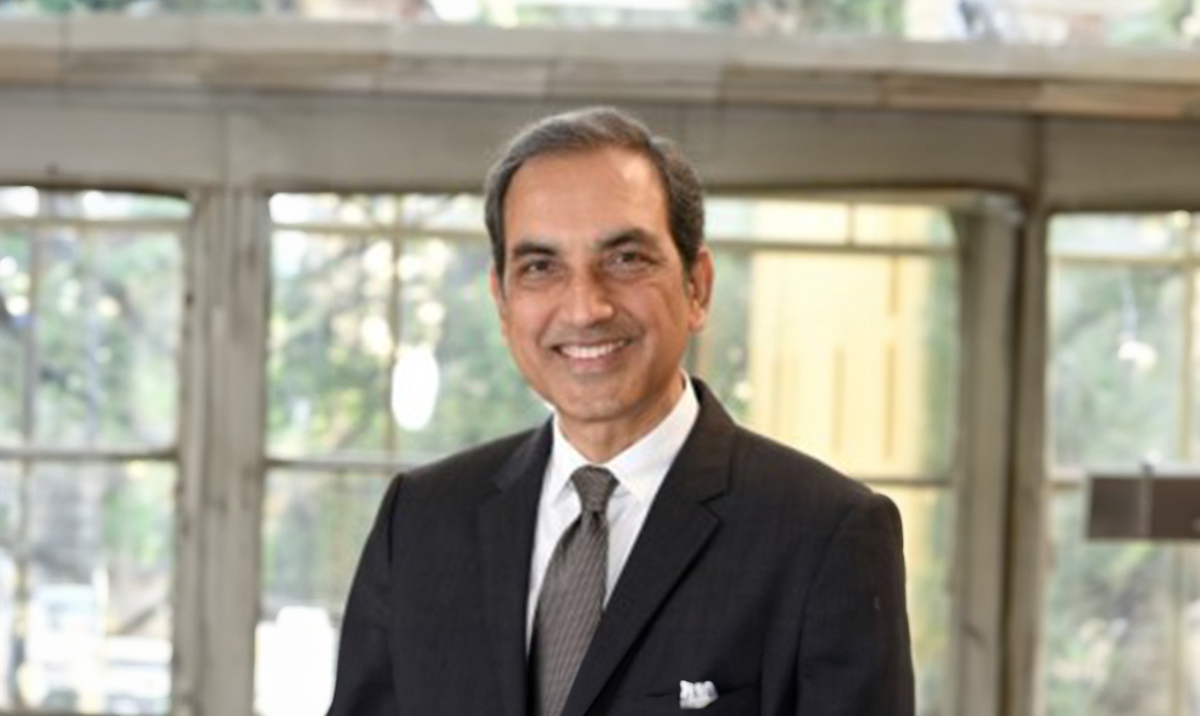
CEO, Hindustan Unilever
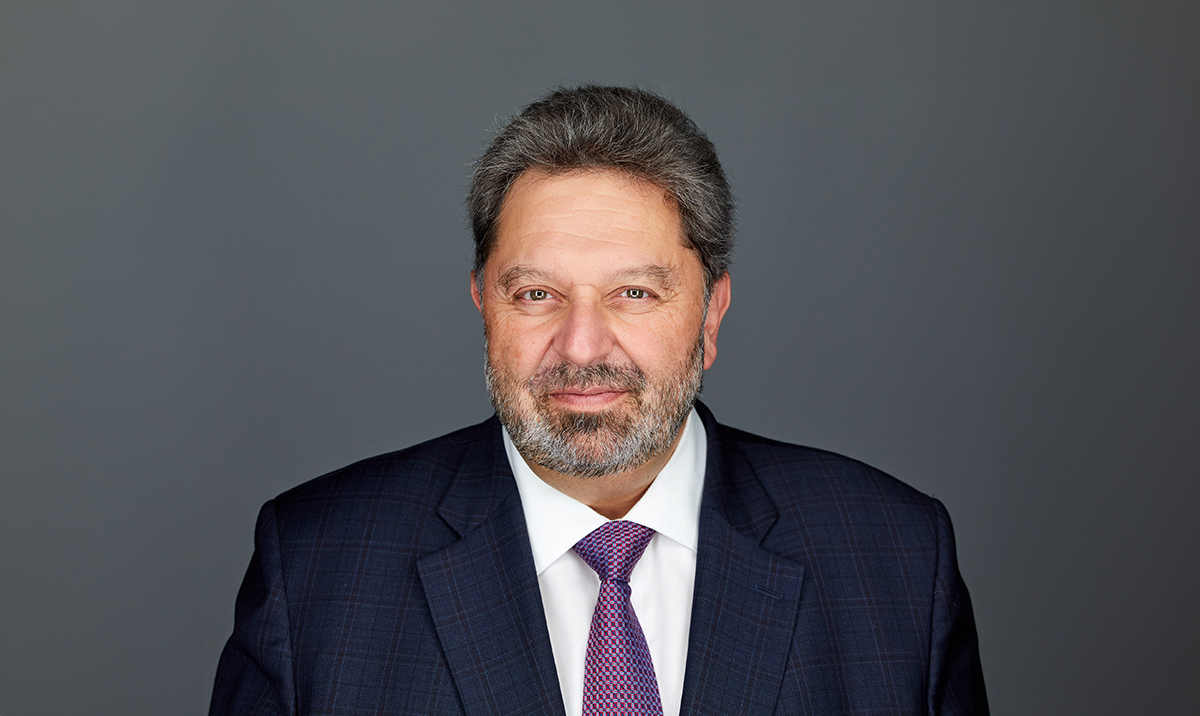
Professor of Leadership and Organizational Development at IMD
Jean-François Manzoni (JFM) is Professor of Leadership, Organizational Development and Corporate Governance at IMD, where he served as President and Nestlé Professor from 2017 to 2024. His research, teaching, and consulting activities are focused on leadership, the development of high-performance organizations and corporate governance. In recent years JFM has also been increasingly focused on finding ways to ensure leadership development interventions have lasting impact, particularly through the use of technology-mediated approaches, and on closing the growing managerial “knowing-doing gap”, i.e., the gap between what managers kind of know they should be doing and the extent to which they actually behave that way in practice.

February 17, 2026 • by Goutam Challagalla in Podcasts
Family ownership, strategic paranoia, and integrated sustainability: Matthias Altendorf on future-proofing global market leader Endress+Hauser....
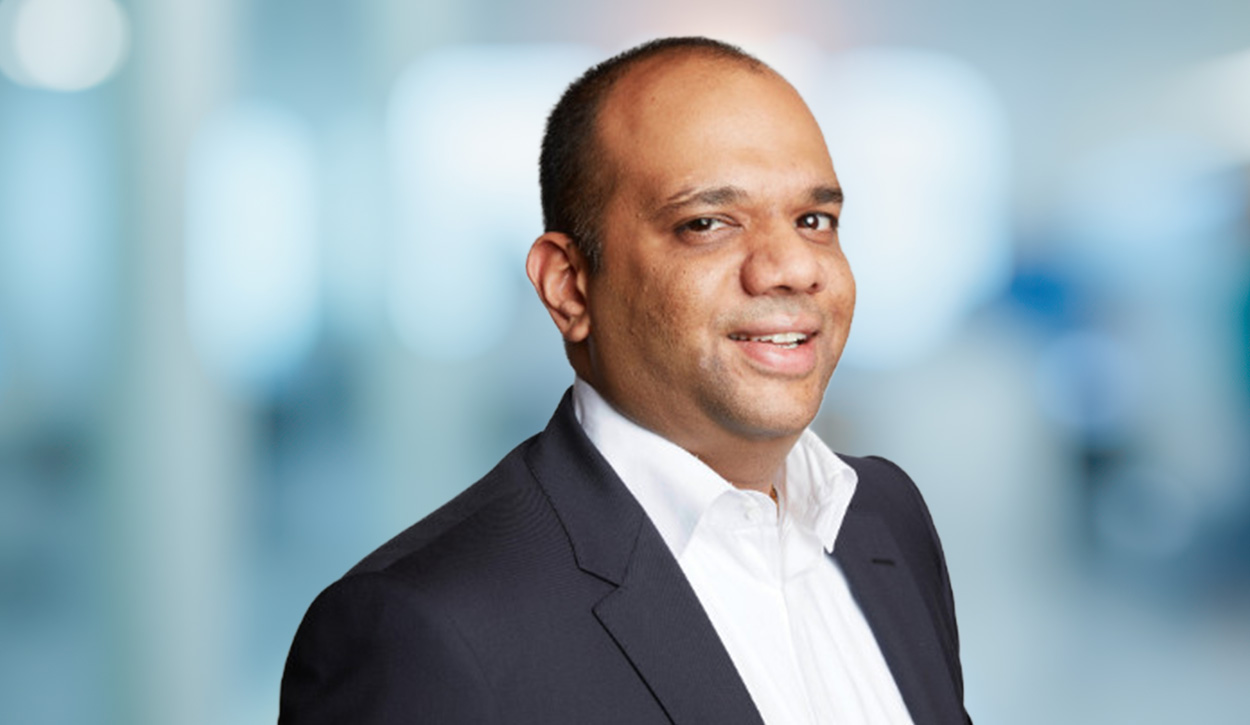
January 27, 2026 • by Julia Binder, Knut Haanaes in Podcasts
Holcim’s Ram Muthu on circularity, EU regulation, and what it really takes to decarbonize cement at industrial scale....
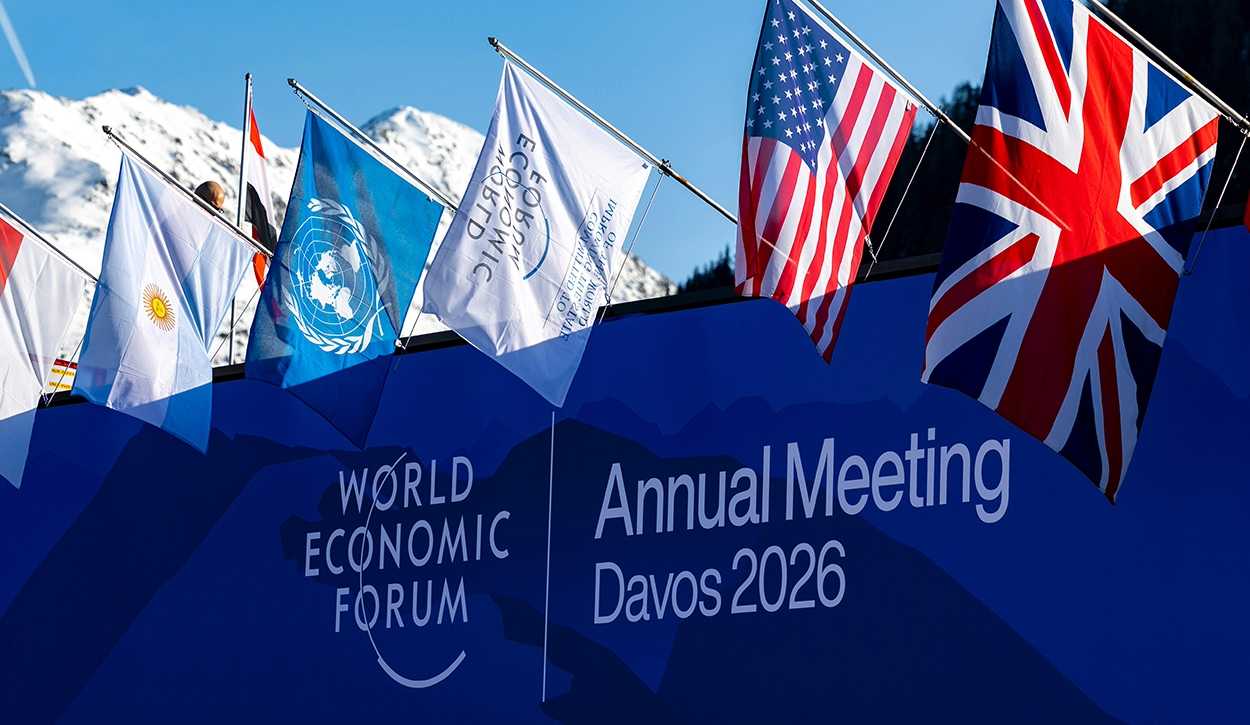
January 23, 2026 • by David Bach, Julia Binder in Podcasts
Live from Davos: IMD’s Julia Binder and David Bach cut through the headlines on geopolitics, AI, energy – and competing visions for the international order....

January 22, 2026 • by Shelley Zalis in Podcasts
Multigenerational teams bring competitive advantages. It’s vital to tap into the wisdom and experience of older workers, urges Shelley Zalis....
 Audio available
Audio availableExplore first person business intelligence from top minds curated for a global executive audience